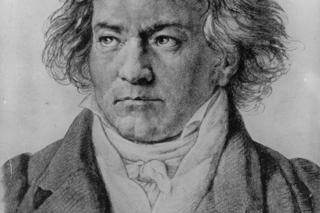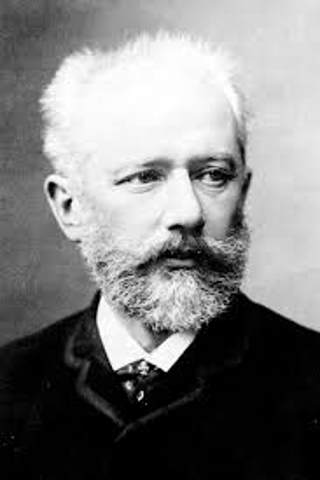
Tchaikovsky Violin Concerto
In one of the most famous reviews in this history of Western Classical Music, Eduard Hanslick torched the Tchaikovsky Violin Concerto, saying that the violin was "beaten black and blue." This review wounded Tchaikovsky to his core, and he wasn't sure if his concerto would ever see the light of day again. Luckily for him, and for us, the piece continued to get performed, and it is now one of THE most beloved pieces in the whole repertoire. Today we'll talk through this extraordinary concerto - join us!
1 Loka 202048min
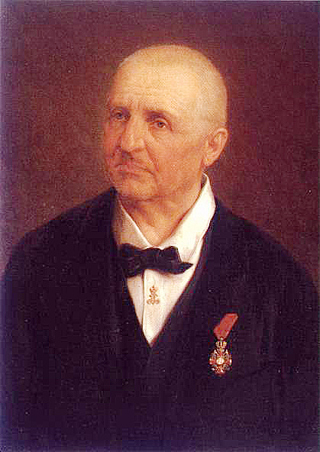
Bruckner Symphony No. 4
Bruckner's symphonies are a world unto their own. They are epic works that are also full of a trademark humility that is present in the work of no other composer. Bruckner's 4th Symphony, the "Romantic," has remained one of his most popular and beloved works. We'll talk through the "Bruckner Problem" that has plagued this symphony since it's premiere, but mostly we'll talk through this majestic symphony, from the solo Horn that begins it, to an ending that "rises in solemn quiet above all earthly desiring."
24 Syys 20201h 1min
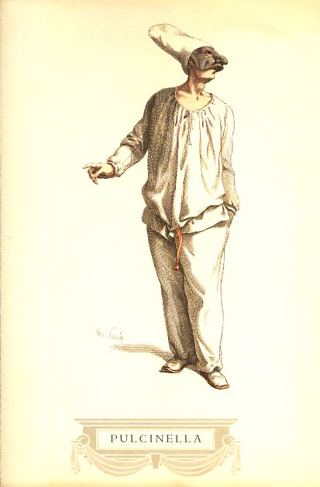
Stravinsky Pulcinella
In 1919, the impresario Sergei Diaghilev came up with the idea of having Stravinsky write a ballet inspired by 18th century music by composers like Pergolesi. The result, Pulcinella, began a transformation of Stravinsky's music. Stravinsky would later say: "Pulcinella was my discovery of the past, the epiphany through which the whole of my late work became possible." Today we'll talk through Pulcinella - a brilliant and funny piece that shows Stravinsky in a totally new light. Get ready for a fun ride!
17 Syys 202045min

The Music of William Grant Still
William Grant Still was a man of firsts. He was the first African American to to conduct a major symphony orchestra in the United States. In 1931, his first symphony became the first complete symphony ever performed by a major orchestra, and until 1950, that symphony was the most performed American symphony by ANY composer. Still's music reflects a remarkable breadth of styles, structures, and orchestral colors, and it's a great pleasure to take you through some of his most emblematic works today.
3 Syys 202045min
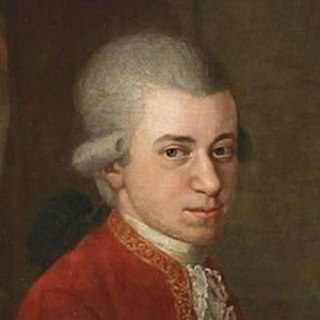
Mozart Symphony No. 36, "Linz"
In 1783, Mozart wrote a letter to his father. He wrote, in part: "On Tuesday, November 4th, I am doing a concert in the theatre here and, as I have not a single symphony with me, I am writing a new one at break-neck speed, which must be finished by that time." The date of that letter was October 31st. In 4 days, Mozart completed one of his most beloved symphonies, the "Linz." We'll talk all about this brilliant work and how Mozart was able to write such a coherent and beautiful piece in such a short time.
27 Elo 202043min

Caroline Shaw on Composing, Performing, and Letting Go
This week I had the huge honour to speak with the composer, vocalist, violinist, and producer Caroline Shaw about her music and her performing career. Caroline is one of the most exciting composers around these days, and it was a special thrill for me to try to get inside of her compositional head in this conversation. We talked about her meteoric rise as a composer, her beginnings as a musician, how it feels for her to have her work performed, and the fascinating connection between speech and song.
20 Elo 202047min
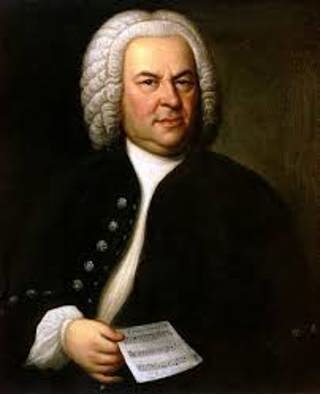
Goldberg Variations Mini-Episode + Announcement
I'm sharing today's mini episode for two reasons - the first is that I wanted to show all of you who are not subscribed on Patreon what I put up there every week. Every Thursday, I do a sort of deep dive on a specific passage that I didn't have time to get to in the main show. Sometimes its a specific passage or orchestration that I particularly love, or sometimes it's looking at a specific movement, like today's episode on the 25th Variation of the Goldberg Variations. I really enjoy doing these episodes, as they really allow me to get right into the nuts and bolts of how a passage is put together. The second reason I'm sharing this episode today is that I need to make the announcement, the happy announcement, that I am very likely to be beginning to conduct again after a period of 5 months. In September the Lausanne Chamber Orchestra and I are planning a Beethoven Cycle where we play all 9 symphonies in 11 days, the perfect way to shake the rust off! But the partial resumption of my conducting schedule means that I will no longer have time to make two episodes a week. SO we're going to return to the pre-pandemic schedule of a new show every Thursday BUT I'm also going to continue making these mini-episodes, so if you would like to check those out, do check out the Patreon page at patreon.com/stickynotespodcast.
17 Elo 20209min

Bach, The Goldberg Variations
In 1741, Bach published a piece called "Aria with diverse variations." Little did he know that the piece would become one of the most beloved and nearly mythical works in all of Western Classical Music. The piece I'm talking about is now referred to exclusively as "The Goldberg Variations." Today we'll talk through these remarkable variations, and as a special bonus, I was joined by Jeremy Denk, Mahan Esfahani, Inon Barnatan, and Vivian Hornik Weilerstein for a virtual panel discussion about the Goldbergs.
13 Elo 202054min
